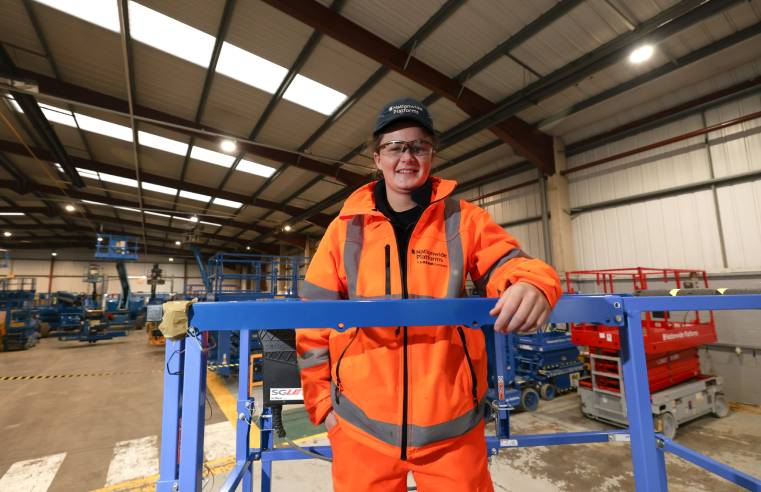At the start of World Wellbeing Week, which takes place from 27 June to 1 July, the Chairman of British Safety Council, Peter McGettrick, has issued a rallying cry to all businesses and employers to make the wellbeing of their staff as important as their health and safety.
It comes on the back of findings in a survey conducted by British Safety Council last week, showing a third of people (32%) say their employer is not particularly or not at all committed to their wellbeing. While 42% do say their employer is committed to wellbeing, they think they could do more, and just 26% believe their employer is very committed to wellbeing.
Peter McGettrick said: “Now more than ever, as we emerge from more than two years of the Covid pandemic, I believe we have a duty to make people’s wellbeing as much a priority as we do preventing them being injured or made ill through their work.
“And what do we mean by ‘wellbeing’? We mean that the skills, talents, individuality, and contribution of every employee should be at the heart of any successful business. That way, people can truly thrive, both in and outside of work.”
In British Safety Council’s poll, the biggest issue affecting people’s wellbeing following the Covid pandemic is the cost of living, according to 59% of the survey respondents. Other issues were workload pressures (mentioned by 17%), effects of staff shortages (13%) and challenges to do with balancing hybrid work and life (11%).
Recently, Peter addressed MPs and peers in the House of Commons at an event held to launch the British Safety Council’s Keep Thriving campaign among parliamentarians and encourage their support. MPs Wendy Chamberlain, Liberal Democrat Spokesperson on Work and Pensions, and Dr Rosena Allin-Khan, Shadow Minister for Mental Health, spoke at the event and gave the Keep Thriving campaign their backing.
Wendy Chamberlain MP said: “Wellbeing is absolutely vital for both workers and businesses. Following Covid, looking at people's wellbeing is going to be really important not only for organisations but for governments, economies and countries.”
Dr Rosena Allin-Khan MP said: “Mental illness can affect us all, and studies show that for every £1 invested by employers in workplace mental health initiatives, they get £5 in return.
“Campaigns like Keep Thriving not only help break down the stigma of mental illness in the workplace but show employers how a few simple changes can really benefit the wellbeing of their employees. For too long, people have had to hide their poor mental health, at work. We need to work together to make this a thing of the past.”
The Keep Thriving campaign is calling on employers, government and wider society to come together to improve people’s wellbeing. Among its eight calls to action, organisations and businesses are encouraged to sign up and commit to:
• Appointing an executive director responsible for wellbeing, acting as a sponsor driving change
• Actively engaging employees in determining workplace wellbeing interventions that work for them
• Adopting a holistic approach to health, safety and wellbeing, focused on training people to enable prevention and avoid poor wellbeing.
In British Safety Council’s LinkedIn poll, just 55% of respondents say their workplace has an integrated health, safety and wellbeing strategy.
Peter McGettrick added: “At British Safety Council, we believe that employers should adopt a holistic approach to health, safety and wellbeing, as we know they affect each other. When people are stressed or suffer poor mental health, they are also much more likely to have accidents or injure themselves. Likewise, someone who is unwell or recovering from something, they can often find their wellbeing suffers as a result.”
As a charity which has campaigned for over 65 years on issues of safety and health, British Safety Council is one of the first organisations to take a truly holistic, integrated approach to health, safety and wellbeing.
Through its Being Well Together programme , the charity offers training, audits and consultancy, and advice across all aspects of wellbeing – including social, emotional, mental health, financial and environmental.






















